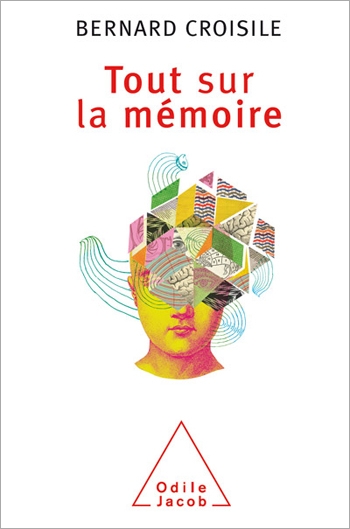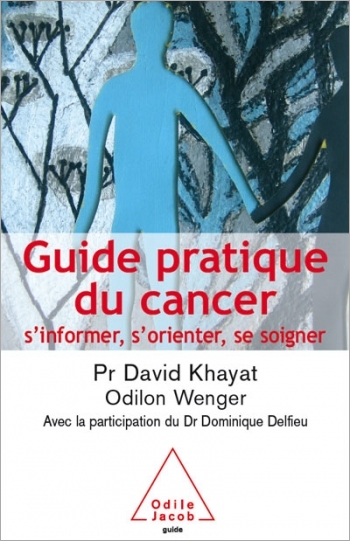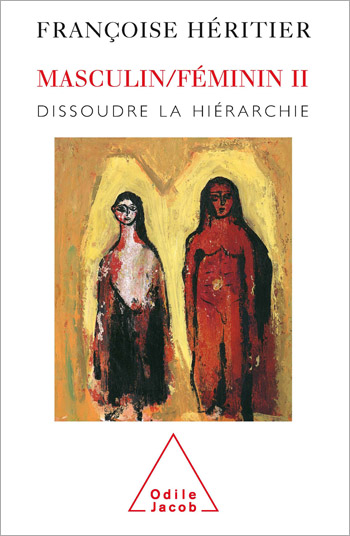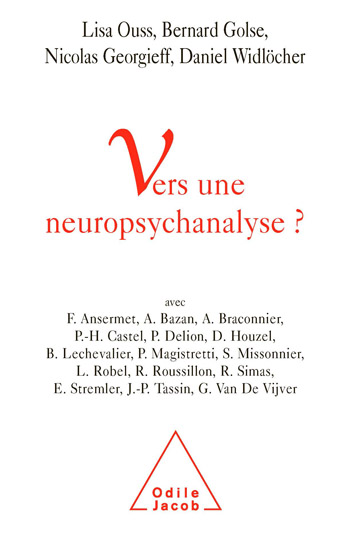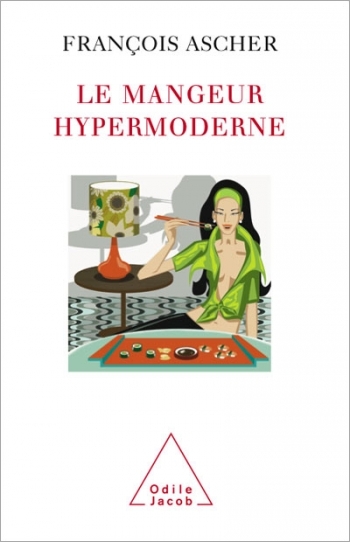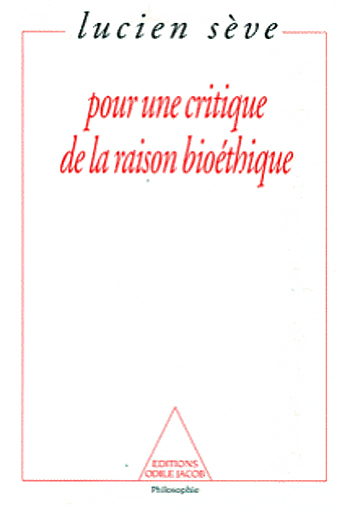Catalog All books
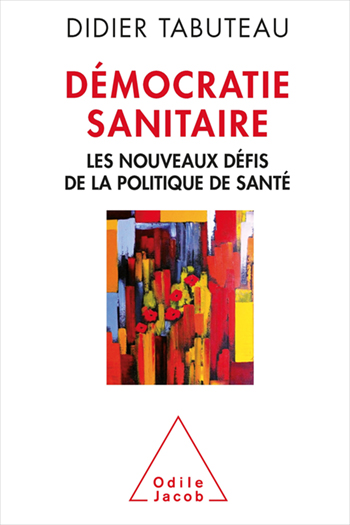
Didier Tabuteau
Health as Political Model
This exemplary X-ray of French healthcare argues for a total overhaul of the system
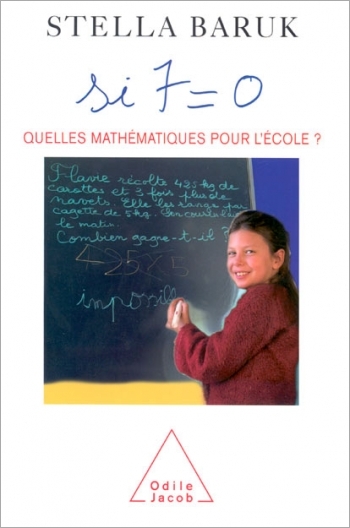
Stella Baruk
Si 7 = 0. Quelles mathématiques pour l'école ?
Stella Baruk is known for her uncompromising criticism of the way mathematics is taught at school. She sees children's frequent aversion to the subject as a clear demonstration of the failure of current methods. Following her earlier book, L'Age du Capitaine, in which she denounced the meaningless mathematical problems that children were burdened with and enjoined to solve, she now addresses the difficulties encountered by the new generation of the captain's children. She has reproduced pages from the exercise books of primary school pupils, with a commentary underlining the confusion created by modern maths in the minds of children who are not yet familiar with mathematics. Her message is clear: the fault lies not in modern maths, but in the fact that the cart has been put before the horse. Modern maths was created to generalise operations and structures that recur in every aspect of mathematics, and modern maths cannot be correctly understood without the full mastery of those operations and structures. Yet, the teaching of mathematics has been turned on its head, with the abstract being taught before the concrete and the general before the specific - with the result that empty formalism is all that is being passed on. Baruk's very precise analyses, illustrated with specific examples, will help parents understand their children's mistakes and difficulties, so that they can help them overcome them. Stella Baruk is a mathematics teacher and pedagogical researcher.

Jean-Pierre Changeux
The Natural Foundations of Ethics
Is the sense of morality universal, is it inherent to human nature? The members of this symposium gathered around Jean-Pierre Changeux ponder the diversity of moralities and question themselves about the conflicts due to cultural differences and the possibility of attaining a common morality which would be intrinsic to human nature.

Geneviève Bédoucha
Lunar Eclipse in Yemen An Anthropologist's Emotions and Feelings of Bewilderment
This is a fascinating approach by a woman of a tribal society in a mountain valley in northern Yemen, near the Saudi Arabian border. Partly a travel book and partly a journal of the author's fieldwork, it restores an anthropologist's unique first-hand experience, questionings, hesitations and discoveries, from the first moments spent in an unfamiliar village. There are few anthropological works on Yemen, and even fewer about private life in rural societies in the hinterland of the former Arab Republic of Yemen (the author's fieldwork dates from the 1980s, before reunification). At the time, the presence of a female anthropologist led both men and women to talk openly, often jokingly and provocatively, of male-female relations, and it seemed to encourage women to voice strong criticisms of male behaviour and privileges. The women's comments reveal them to be lucid independent thinkers, and not at all submissive. This book is an invitation to discover a little-known rural community at close quarters, and to penetrate the secret universe of Yemen's many-storied mud houses. It reveals relations between men and women in a closed, but curious and hospitable, Muslim Arab society. An anthropologist and research fellow at the Centre National de la Recherche Scientifique (CNRS), Geneviève Bédoucha is a specialist in the relations between socio-political structures and irrigation systems in Arabic and Islamic societies.
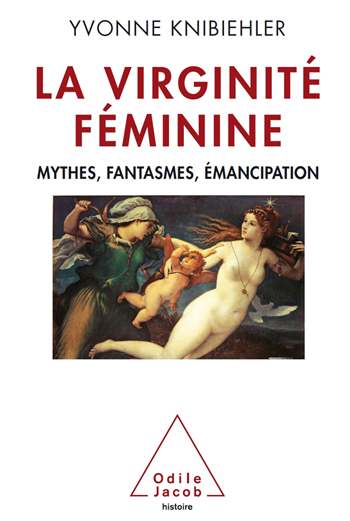
Yvonne Knibiehler
The History of Virginity Myths, fantasies, emancipation
An original analysis of the evolution of male-female relations, as seen through the changes in their respective understanding of female virginity.
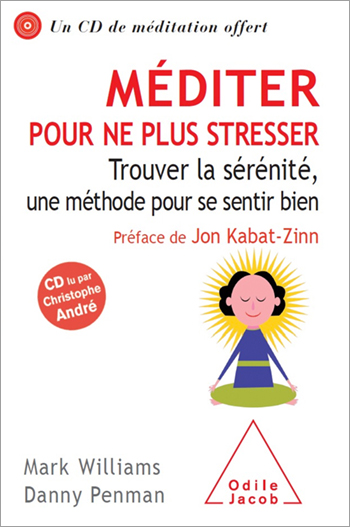
Mark Williams, Danny Penman
Mindfulness: An Eight-Week Plan for Finding Peace in a Frantic World
Following The Mindful Way through Depression, the latest success by Oxford professor Mark Williams
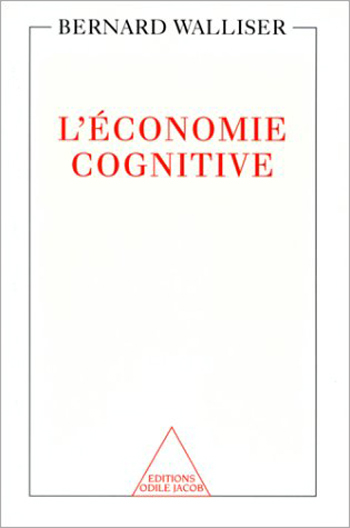
Bernard Walliser
Cognitive Economics
This book should help readers gain a greater understanding of economic reasoning and rationality. It shows how a period of study and apprenticeship can improve the otherwise limited rationality of economic decisions-makers, how to co-ordinate the various actors expectations in a given situation, and how speculation results from the circulation of the opinions of the economic decision-makers. Bernard Walliser teaches economics at the Ecole des Ponts et Chaussées.

Georges Hansel
Talmudic Explorations
Shrouded in legend, wrapped in mystery, disparaged, censored, and sometimes even burned, the Talmud remains one of the cornerstones of Judaism. Yet the general reader knows little about it. What is the source of the shared inspiration underlying Talmudic texts which are known to address every aspect of human existence? What are the basic Talmudic notions of morality, politics, and the law, as well as of family and social relationships? Georges Hansel unveils the basic Talmudic principles as well as the underlying inspirational forces that are responsible for their coherence. Georges Hansel is a mathematician and professor emeritus at the University of Rouen.
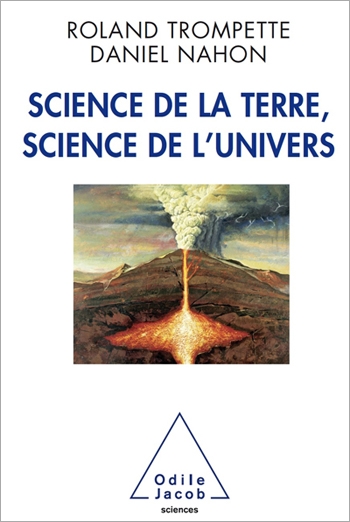
Roland Trompette, Daniel Nahon
Short Stories of the EarthAnd Universe
The mysteries of planet Earth revealed in 37 lively accessible chapters
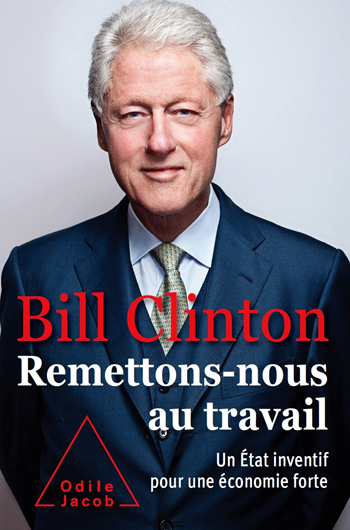
Bill Clinton
Back to Work Why We Need Smart Government for a Strong Economy
“There is simply no evidence that we can succeed in the twenty-first century with an antigovernment strategy,” based on “a philosophy grounded in ‘you’re on your own’ rather than ‘we’re all in this together.’ ” Bill Clinton

Armand Laferrère
Politics of the Bible
The Bible is not just a spiritual treasure it is also a political manual for our times.
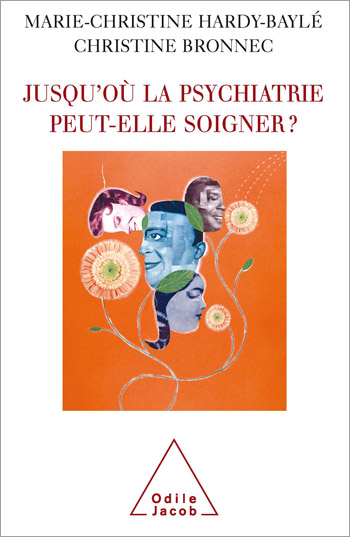
Marie-Christine Hardy-Baylé, Christine Bronnec
What are the Limits of Psychiatry ?
On the one hand, an ever increasing demand, on the other, widespread agreement that the profession in is the grip of a crisis. The result is that the supply is badly equipped to deal with the demand. What are the origins of this crisis ? Does it run as deep as the very foundations and identity of psychiatry itself ? In particular, what can be done to transform this natural diversity into a real strength ? Psychiatrist and psychoanalyst, Marie-Christine Hardy-Baylé works at the André-Mignot hospital, and is a professor of medicine at the University of Saint-Quentin-en-Yvelines. She heads the Association for the Promotion of Public Health of Yvelines Sud. A hospital director, Christine Bronnec, is in charge of the ANEAS project to evaluate psychiatric needs, and is co-president of the Association for the Promotion of Public Health of Yvelines Sud.
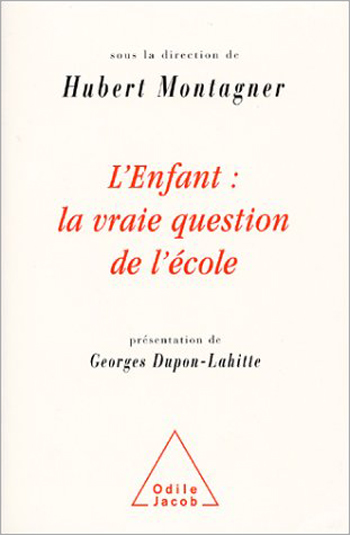
Hubert Montagner
The Child : The Real Question of Education
This ambitious work aims to provide a comprehensive view of the mechanisms, processes, influences, factors, and past and present events that may keep children from constructing, structuring or mobilising their abilities in an academic environment, and from acquiring new abilities and successfully constructing the required learning skills. In the struggle against academic failure, the main tool is understanding the child better. In order to do this, it is essential to base educational practice on the most recent knowledge.

Claude Fischler, Véronique Pardo
Special Diets
In many countries, restrictive diets are changing individual eating habits — and profoundly altering the way we relate to one another.

Nicole Delattre, Daniel Widlöcher
Reviewing Psychoanalysis
The task that the authors, Nicole Delattre et Daniel Widlöcher, have set themselves in this book is to take stock of what is useful and reliable in psychoanalysis today. Daniel Widlöcher sets out his view of this unique discipline, and the great concepts that it brings together, in addition to observing its pioneers and different spheres. In particular, he outlines his vision of the future of psychoanalysis, which is presently enjoying a revival. A professor at the University Pierre et Marie Curie, Daniel Widlöcher has for many years headed the psychiatry department at the Salpêtrière Hospital in Paris. He is the president of the International Association of Psychoanalysis and is notably the author of Métapsychologie du sens, of Logiques de la dépression and of Nouvelles Cartes de la psychanalyse. Nicole Delattre is a professor of philosophy

Jacques Lesourne, Denis Randet
Research and Innovation in France FutuRIS 2011
With a view to the 2011 French presidential elections, here are a series of proposals that offer the middle classes the future perspectives they deserve



